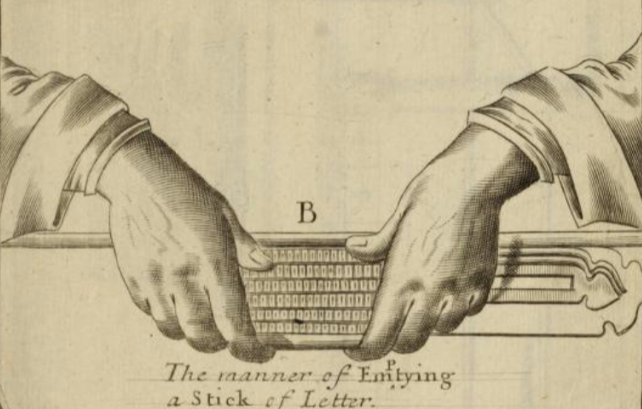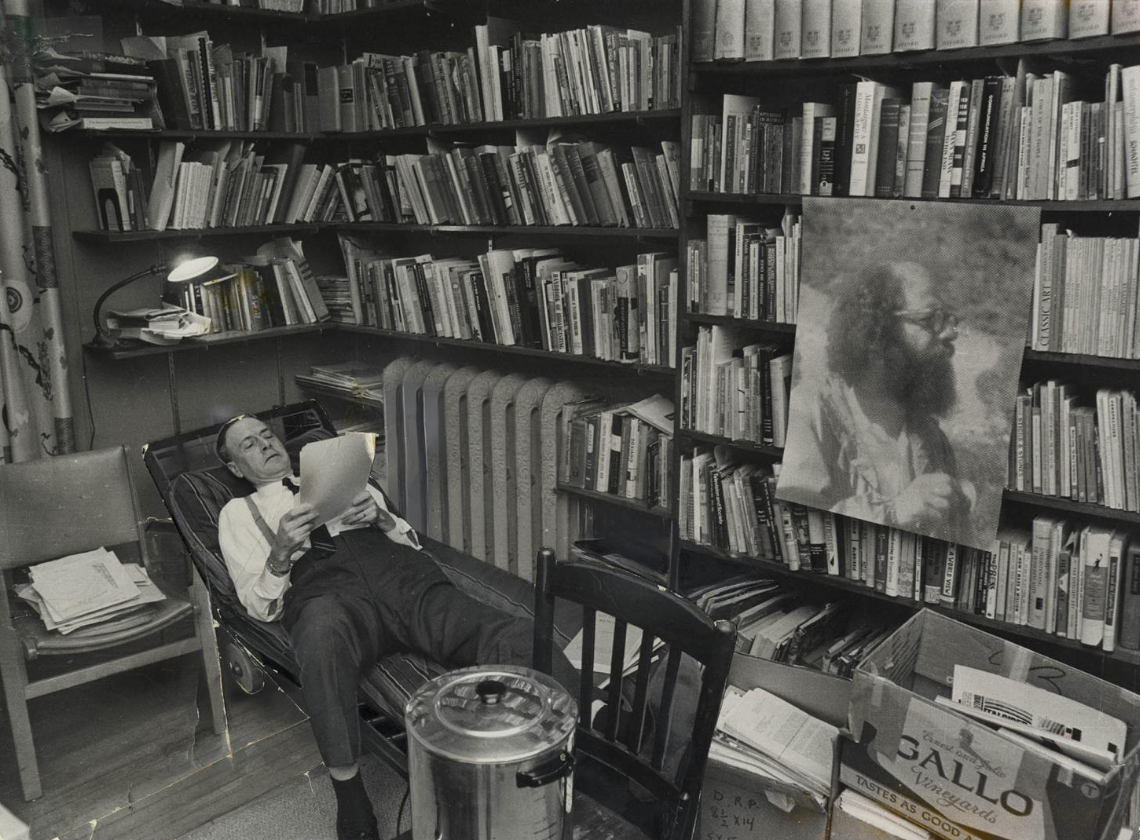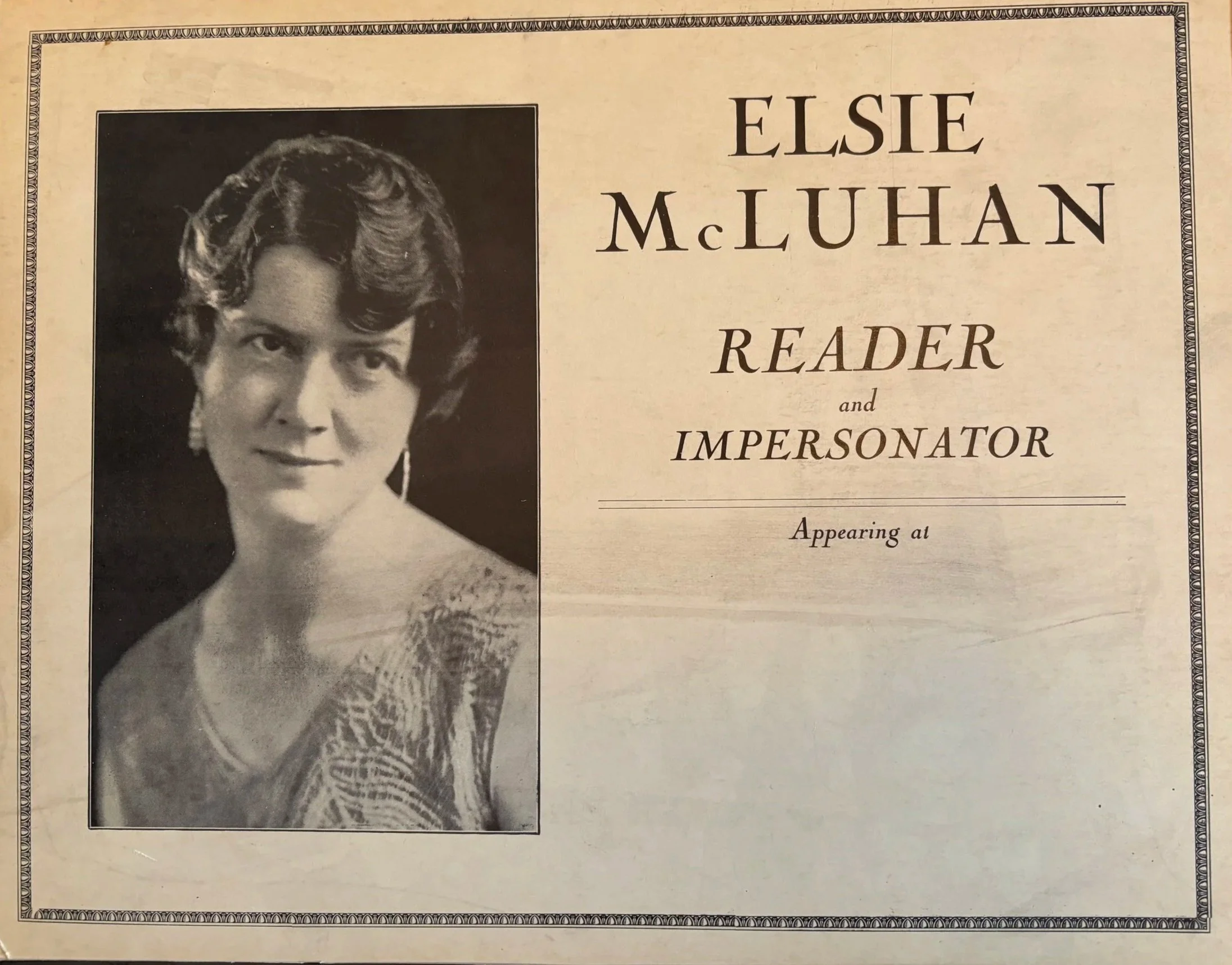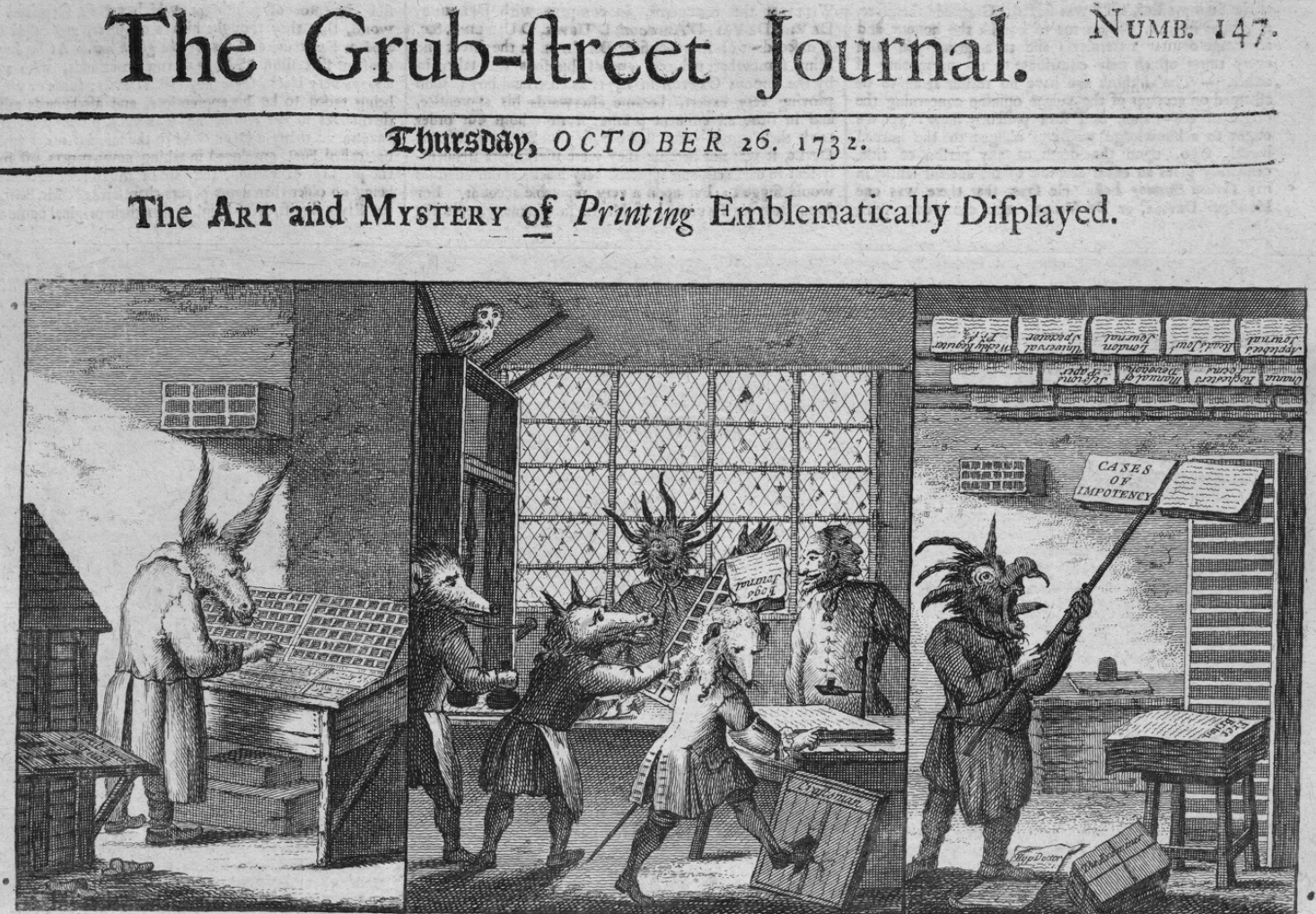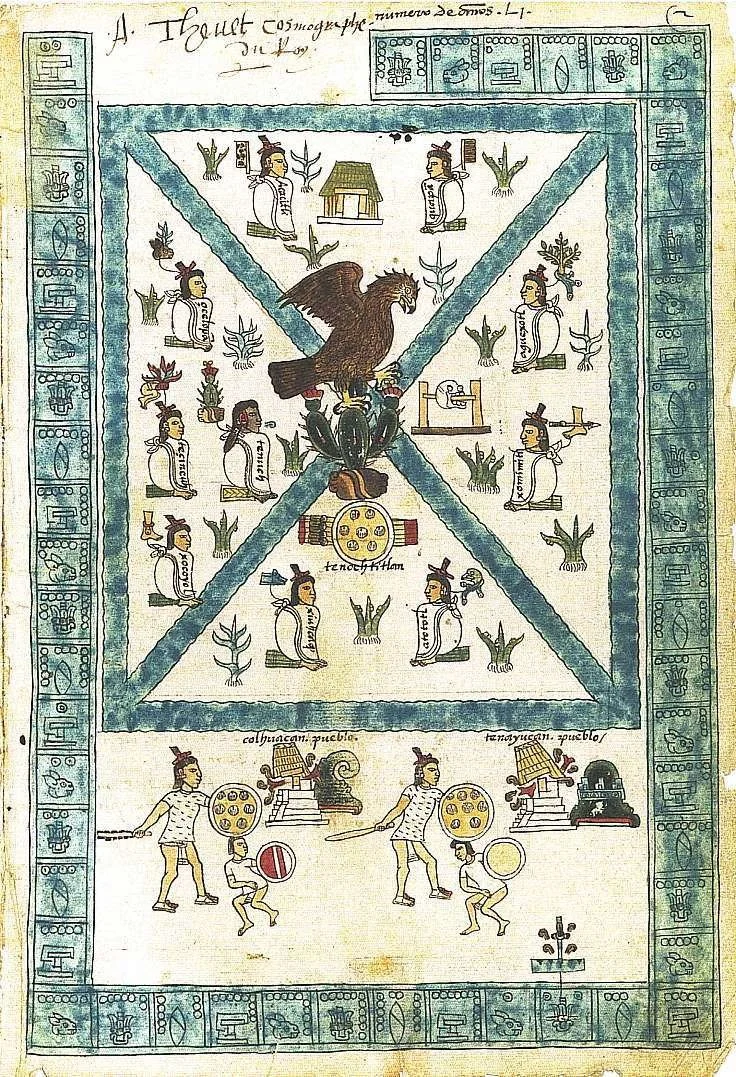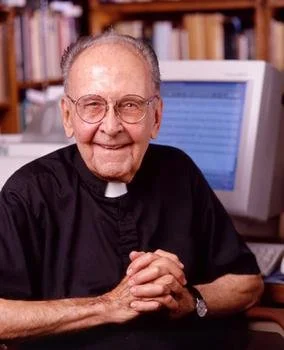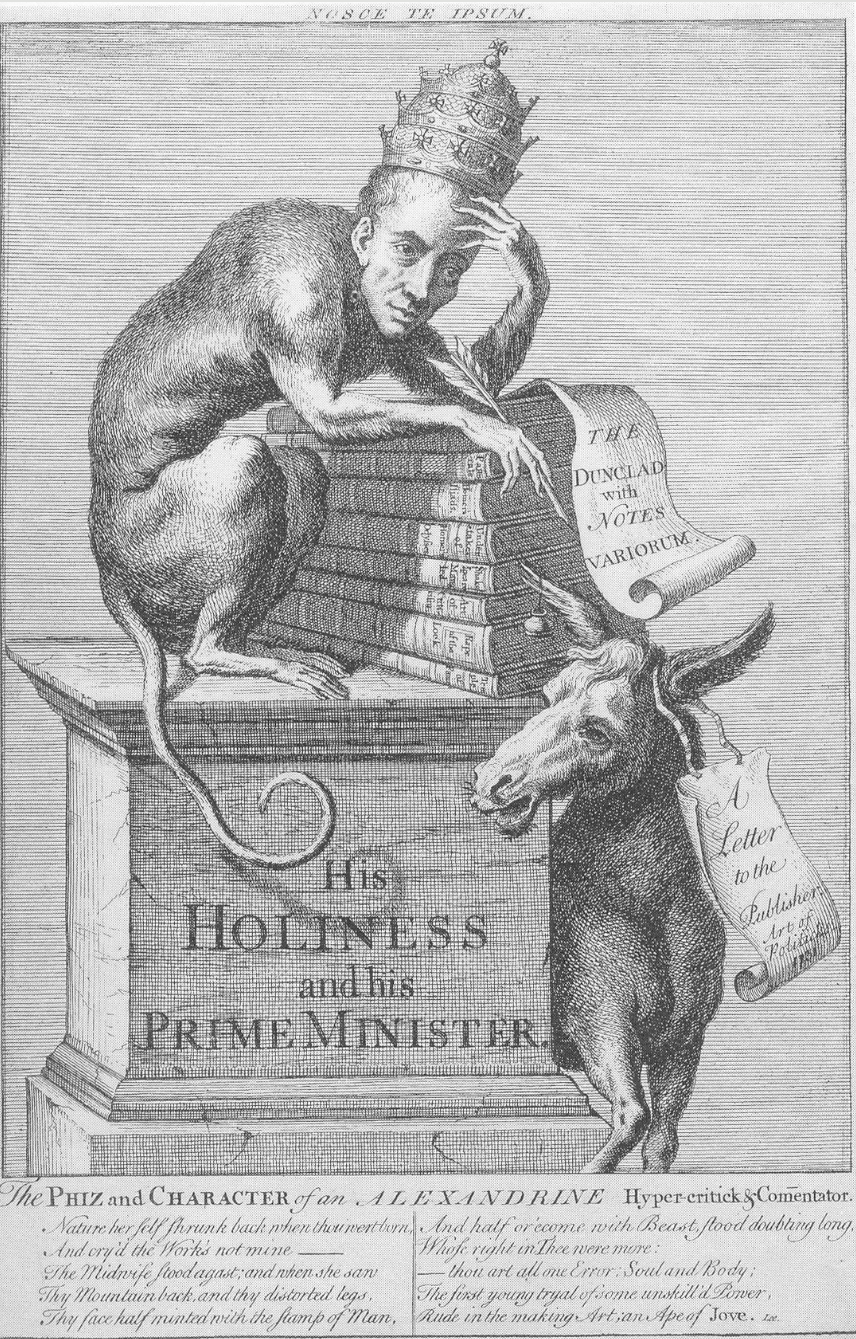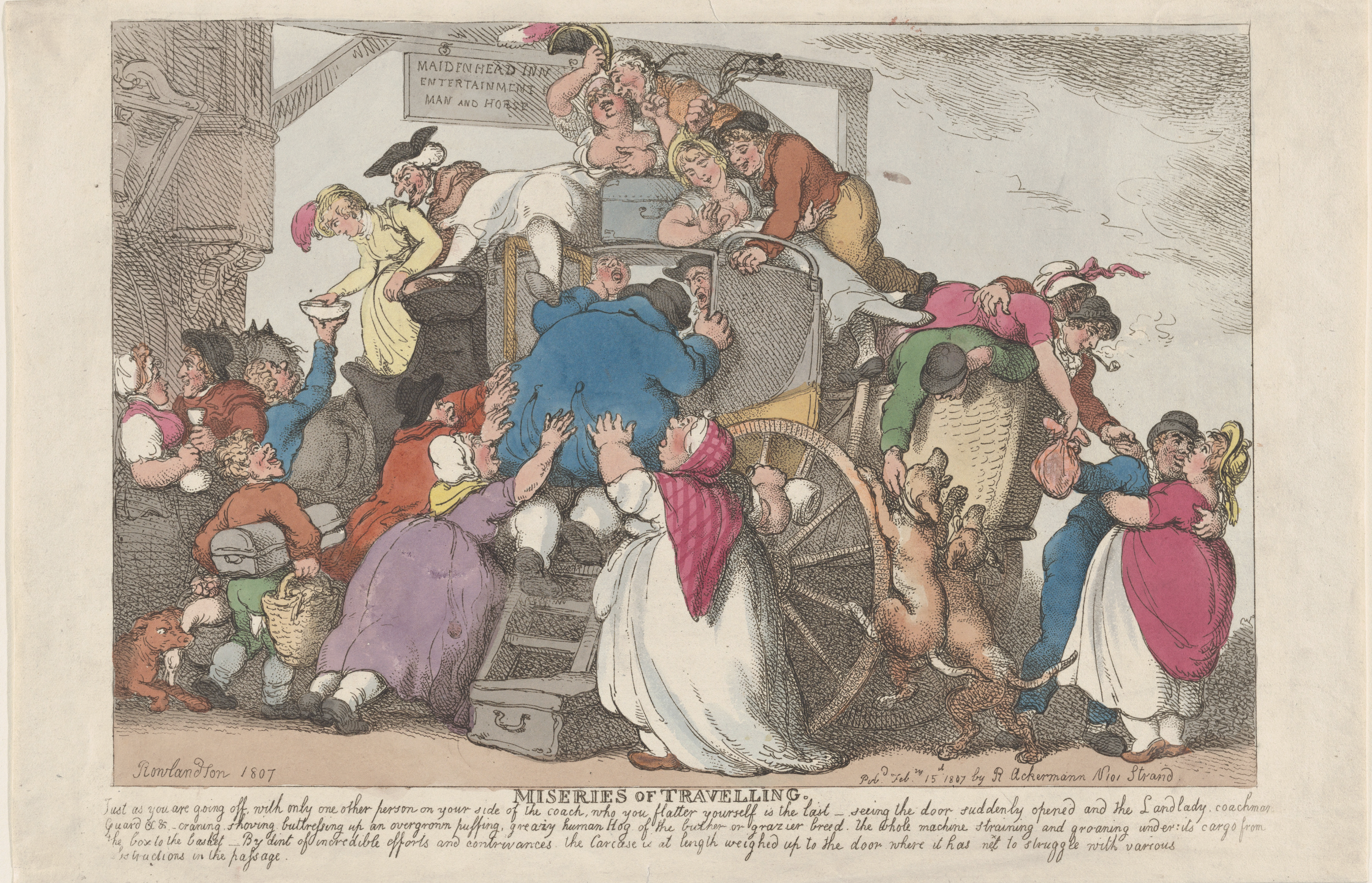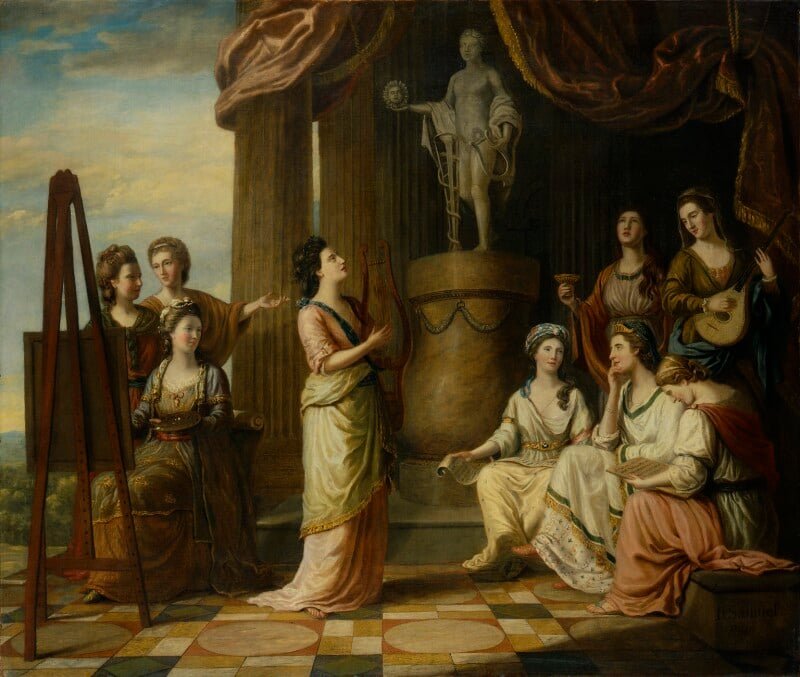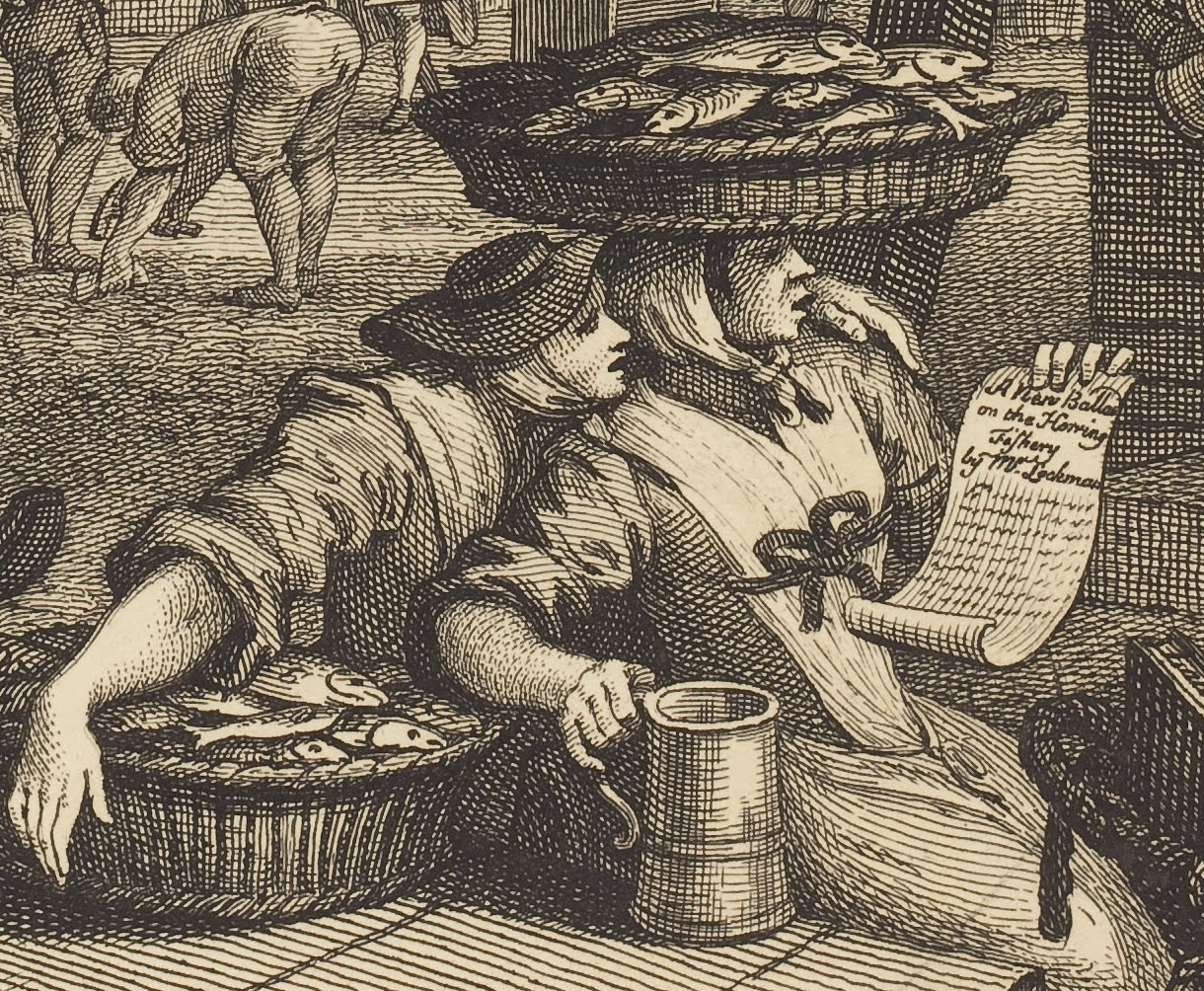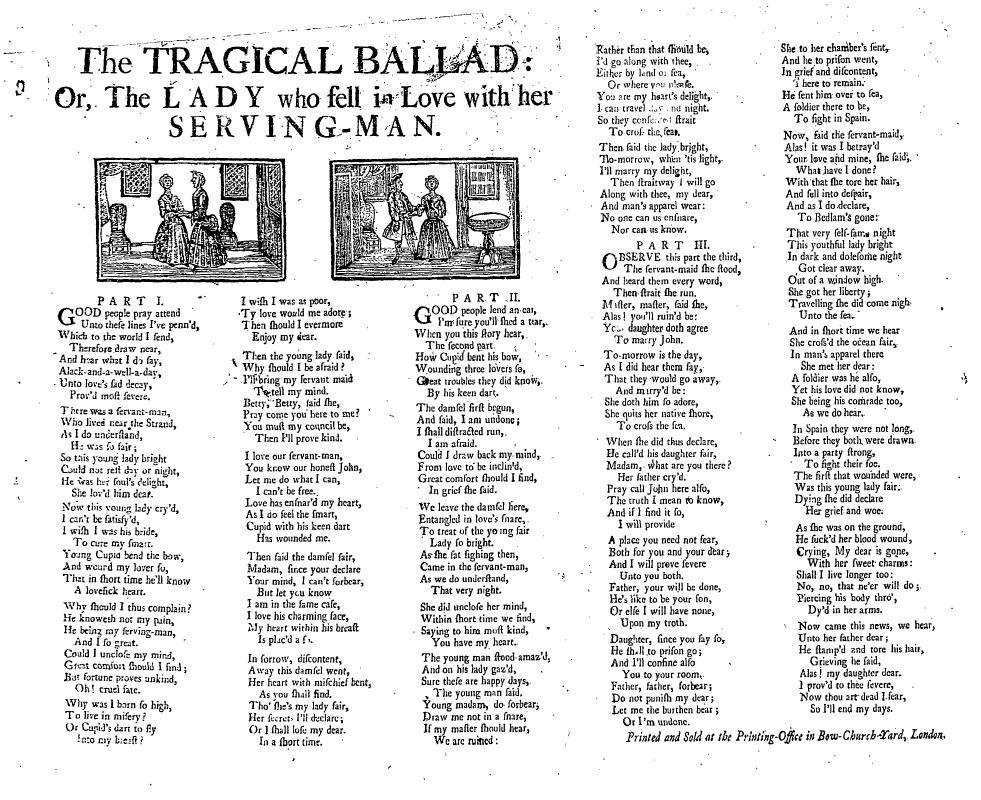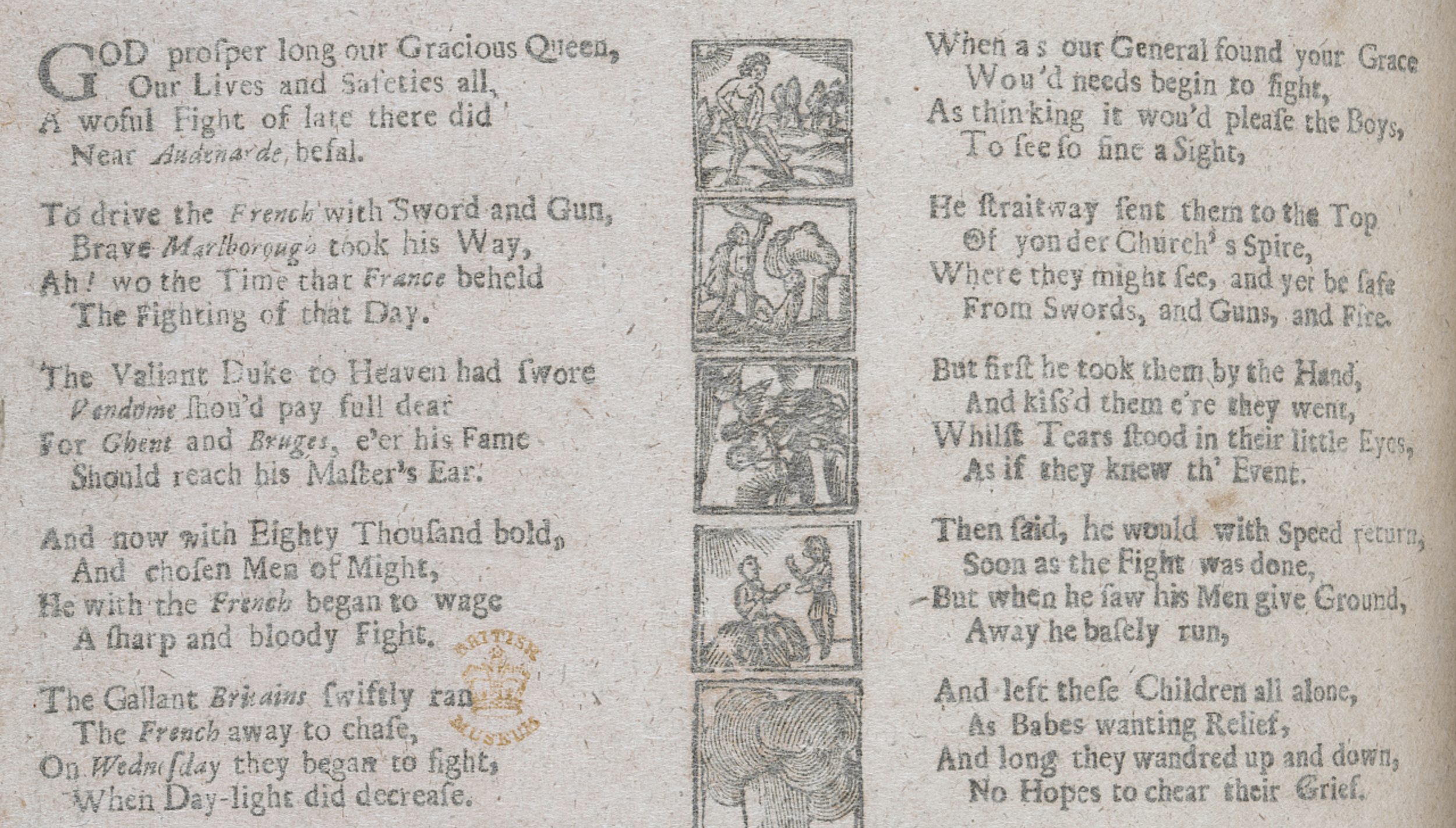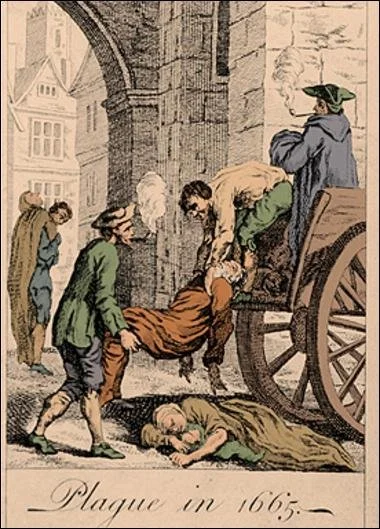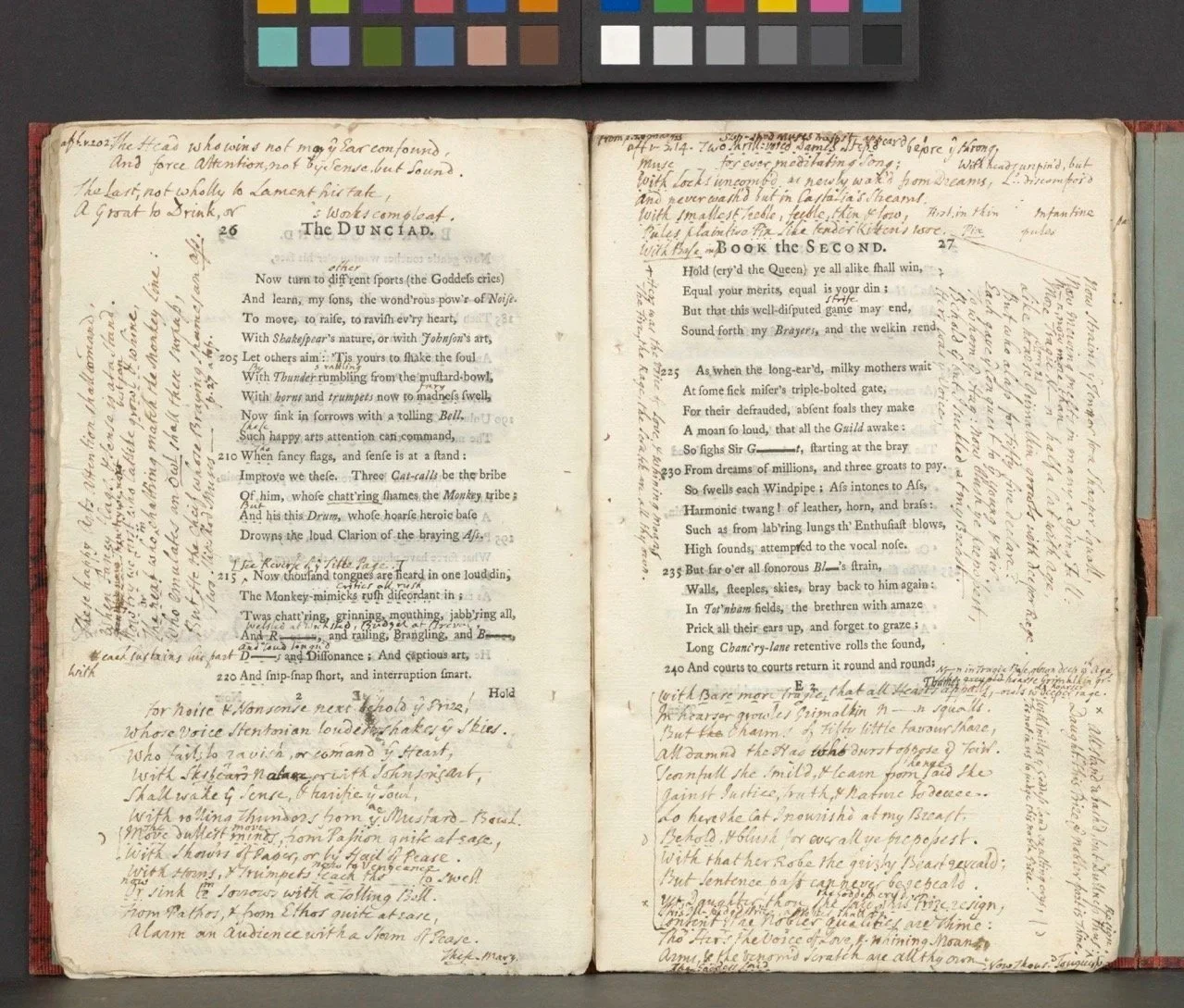
Articles & Chapters
The Hand in the Hand Press, 1450-1800
Cambridge Critical Concepts: Technology and Literature, ed. Adam Hammond (Cambridge UP, 2024), 69-91
Reading McLuhan Reading (and Not Reading)
Textual Practice 35: 9 (September 2021), 1391-1417
Sixty years after Understanding Media, Marshall McLuhan remains one of the best known and most influential intellectuals of the twentieth century. A literary scholar by profession, McLuhan was one of the first academics to recognize the new opportunities offered by radio and television to reach audiences beyond the readerships of scholarly journals. His talks and appearances ushered in public intellectual debate concerning the “electronic age.” Although his reputation waned in the 1970s, the recent making-available to the public of his extraordinary personal library of some six thousand books enables new kinds of analyses of McLuhan as a reader, thinker, and cultural force.
“brilliant and inspiring . . . . I highly recommend this essay”
-Robert K. Logan, McLuhan collaborator and editor of New Explorations: Studies in Culture and Communication (a revival of the journal Explorations: Studies in Culture and Communication, created in 1953 by Marshall McLuhan and Ted Carpenter)
Elsie McLuhan’s Vocal Science
Publications of the Modern Language Association 135: 2 (March 2020), 378-386
Essay also translated into Korean and distributed as feature essay at “Elsie and Marshall: Feedback #7,” a month-long, international exhibition at Korea’s oldest independent art space.
Media and Mediation in the Eighteenth Century
Oxford Handbooks online, ed. Colin Burrow. (Oxford UP, 2017), oxfordhandbooks.com
How did early modern notions of the “medium” and of“mediation” overlap with and differ from common understandings of these terms today? Enlightenment authors increasingly conceptualized their era as an age in history defined by a particular set of communication practices and tools. In this chapter, I discuss media and mediation in the eighteenth century, heeding recent calls for a new history of mediation that includes not only what we now identify as communications media (e.g., print, voice, and script) but also new genres, protocols, opportunities, and infrastructures for communication.
Defoe’s Essay Upon Literature and Eighteenth-Century Histories of Mediation
Publications of the Modern Language Association 130:3 (May 2015), 63-84
Ong and the Concept of Orality
Religion and Literature 44.3 (Autumn 2012), for Ong Centennary Forum: “The Legacy of Walter J. Ong,” guest ed. Sara van den Berg, Director, Walter J. Ong Center for Language and Media (Nov 2012)
Of Grubs and Other Insects: Constructing the Categories of “Ephemera” and “Literature” in Eighteenth-Century British Writing
Book History 15 (2012), 47-70
Reprinted in Studies in Ephemera: Text and Image in Eighteenth-Century Print, ed. Kevin D. Murphy and Sally O’Driscoll (Bucknell UP, 2013), 31-53
The category “ephemera,” like the category “Literature,” is a classification that does powerful rhetorical, practical, ideological, and disciplinary work. This essay historicizes these value-laden classifications across disciplinary and period boundaries. It begins by suggesting how librarians and collectors have defined ephemera since the 1960s, then steps back to the eighteenth century in Britain, arguing that the categories of “ephemera” and “Literature” were reciprocally constructed parts of a classification system that was a response to the commercialization of letters and the proliferation of print. But today, as new media technologies and digital archives are destabilizing centuries-old categorical distinctions, eighteenth-century authors’ classification work can help us to think through the challenges and opportunities we face in the digital age.
Travel
Samuel Johnson in Context, ed. Jack Lynch (Cambridge UP, 2011), 375-84
“How did eighteenth-century Britons actually get about?”
Narrative or Network?: Eighteenth-Century Feminist Literary History at the Crossroads
Tulsa Studies in Women’s Literature 29:1 (2010), 137-58
Toward a Geneaology of “Print Culture” and “Oral Tradition”
This Is Enlightenment, ed. Clifford Siskin and William Warner (U of Chicago Press, 2010), 229-46
Reprinted in The Broadview Reader in Book History, ed. Michelle Levy and Tom Mole (Broadview Press, 2014), 395-416
This chapter develops a historical analogy around the perception called “media shift.” Just astwentieth-century studies of oral (as opposed to scribal and print) culture took off in the wake ofnew twentieth-century oral technologies like telephony, the phonograph, and the radio, so toodid the eighteenth-century conceptualization of oral tradition emerge in a complex dialecticalrelationship with an emerging sense of the sometimes reviled and sometimes improving effectsof the steady proliferation of print. The chapter documents the eighteenth century's first draft ofthe comparative media analysis later conducted in the twentieth century.
“The Art of Printing Was Fatal”: Print Commerce and the idea of Oral Tradition in Eighteenth-Century Ballad Discourse
Ballads and Broadsides in Britain, 1500-1800, ed. Patricia Fumerton and Anita Guerrini with the assistance of Kris McAbee, (Ashgate Press, 2010), 35-56
“On the Behalf of the Printers”: A Late Stuart Printer-Author and Her Causes
Agent of Change: Print Culture Studies After Elizabeth L. Eisenstein, ed. Sabrina Baron, Eric Lindquist, and Eleanor Shevlin (University of Massachusetts Press, 2007), 125-39
“The Manufacture and Lingua-facture of Ballad-Making”: Broadside Ballads in Long Eighteenth-Century Ballad Discourse
The Eighteenth Century: Theory and Interpretation 47 (2006), 149-76
Defoe and the Contagion of the Oral: Modeling Media Shift in A Journal of the Plague Year
PMLA 121:1 (Jan. 2006), 87-106. Special Issue: "Book History and the Idea of Literature," ed. Seth Lerer and Leah Price
Why Fanny Can't Read: Joseph Andrews and the (Ir)relevance of Literacy
The Blackwell Companion to the Eighteenth-Century English Novel, ed. Paula R. Backscheider and Catherine Ingrassia (Blackwell, 2005), 167-90
Enlightenment Enthusiasms and the Spectacular Failure of the Philadelphian Society
Eighteenth-Century Studies 35.4 (Summer 2002), 515-33
Women and the Business of Print
Women and Literature in Britain, 1700-1800, ed. Vivien Jones (Cambridge, 2000), 135-54
Narrative Authority, Critical Complicity: The Case of Jonathan Wild
Studies in the Novel 30 (1998), 211-31
Tace Sowle, Quaker Publisher
The British Literary Book Trade, 1475-1700, ed. James K. Bracken and Joel Silver (Bruccoli Clark Layman, 1996), 249-57
Consuming Women: The Life of the ‘Literary Lady’ as Popular Culture in Eighteenth-Century England
Genre 26 (1993), 219-52
